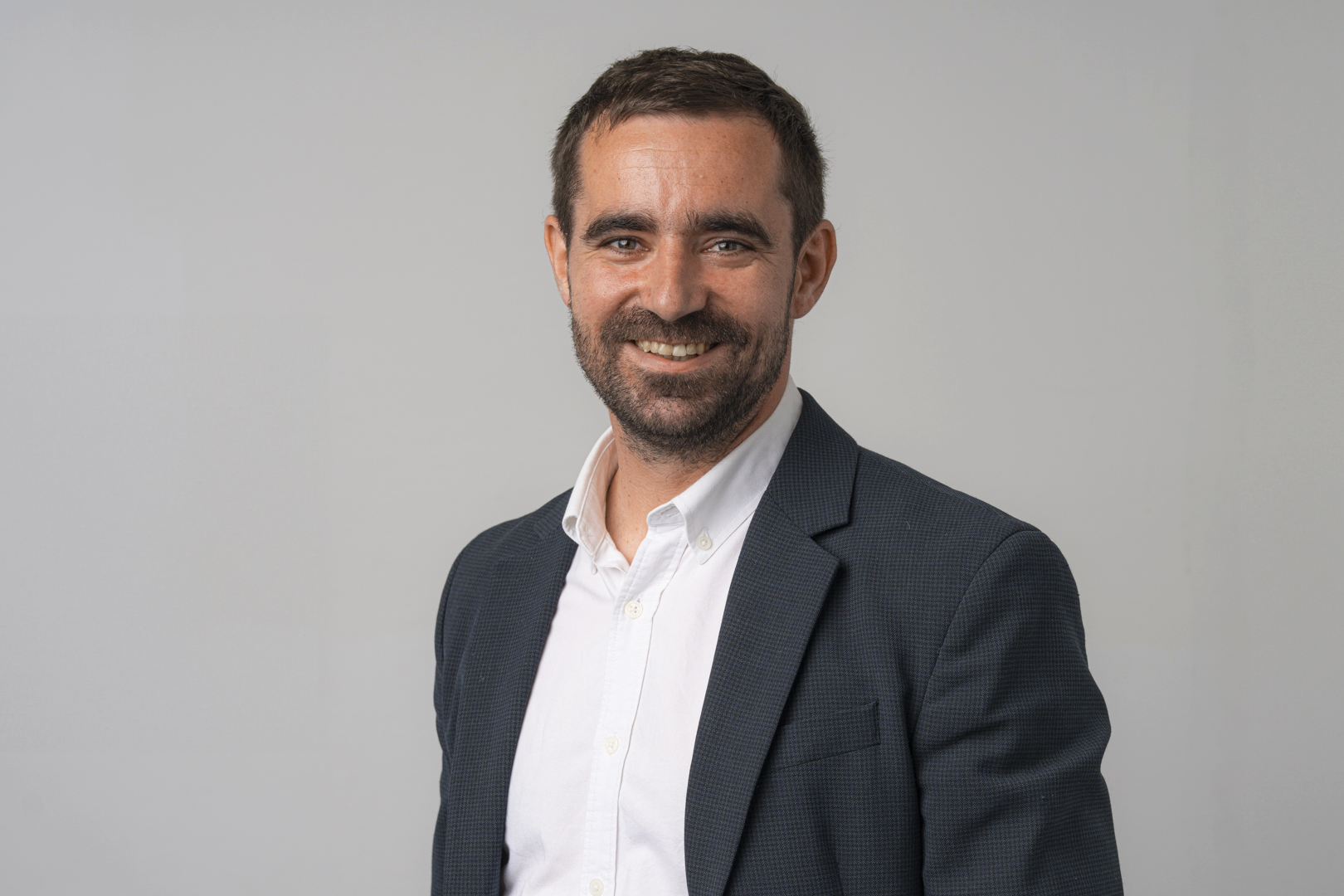Kristoffer Langkjær Albris
Research leader

Project title
SURGE - Anticipatory Narratives of Sea Level Rise in the North Sea Region
What is your project about?
The SURGE project will conduct a comprehensive study of how citizens living on the coast in four countries in the North Sea region are concerned about future sea-level rise and storm surges. Specifically, SURGE will examine how such concerns are expressed through narratives. In this context, the project will collect a large textual dataset through ethnographic interviews with coastal residents and through qualitative online research. The aim is to understand how expectations for the future shape priorities and motivations in the present concerning coastal climate adaptation.
How did you become interested in your particular field of research?
Throughout my academic career, I have been fascinated by, and engaged in, the study of how people adapt to their environment, particularly in relation to extreme events and disasters. A few years ago, I became part of a group of researchers tasked with providing a knowledge-based contribution to a Realdania project on the challenges of sea-level rise for Danish cities. That project led me to explore how people living along the coast expect sea-level rise to change their lives, which I find to be an incredibly exciting field to delve into.
What are the scientific challenges and perspectives in your project?
The project is ambitious in the sense that we will be collecting interviews with citizens in Denmark, Germany, the Netherlands, and the United Kingdom. Furthermore, this comparative dataset will be analyzed using a range of computer-assisted techniques, including machine learning methods, which allow for a systematic analysis of people's expectations for the future through narratives. Therefore, it will be a significant challenge to gather a large and robust dataset that enables these types of analyses. However, this is also where the project aims to make a methodological advancement by conducting quantitative text analyses of primarily qualitative data, which is an important methodological area at SODAS.
What is your estimate of the impact, which your project may have to society in the long term?
In the past decade, there has been an increased focus on storm surges and other hydrological and meteorological extreme events in Northern Europe, including Denmark. Although it is scientifically documented that sea-level rise in the coming century will have significant consequences for both extreme events and the dynamics of erosion and coastal morphology, we still lack sufficient knowledge about what this will mean for how we build and live along the coast in the future. My ambition is for the SURGE project to provide a valuable, knowledge-based contribution to the public understanding of what climate adaptation in this area could look like in Denmark and the North Sea region as a whole.
Which impact do you expect the Sapere Aude programme will have on your career as a researcher?
The Sapere Aude: DFF-Starting Grant will have an enormous impact on my future career as a researcher. As a PhD student, postdoc, and assistant professor, I have been involved in several large projects, from which I have learned an incredible amount. But now I am ready to establish my own research group focused on climate adaptation and sea-level rise. Receiving the Sapere Aude: DFF-Starting Grant means that I can create a solid foundation for this ambition, which I expect will have a lasting impact on my research activities.
Background and personal life
I was born and raised in Copenhagen. A few years ago, I moved to Lejre Stationsby with my family. Although I love the peaceful surroundings outside the city, I also enjoy going to work in Copenhagen and feeling the city's energy. When I am not doing research, I spend time with my two children and my wife, or play football and music. Whenever I find the time, people can find me in the garage, pursuing my hobby as a self-taught carpenter.
View all research leaders here
Research institution
University of Copenhagen
Research field
Social data science and Anthropology
City of your current residence
Lejre
High school
Østre Borgerdyd
